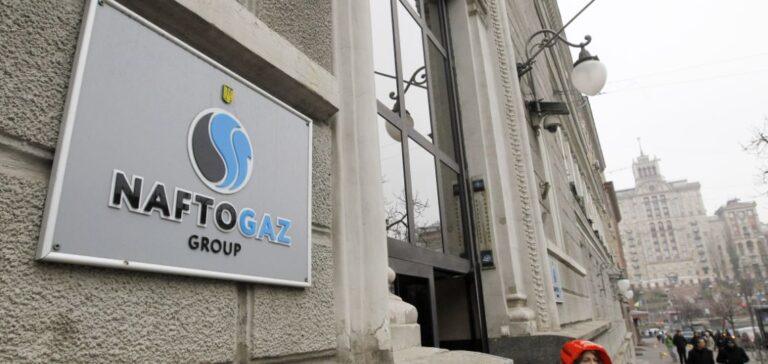Naftogaz, Ukraine’s state-owned natural gas producer, announced it has secured a €36.4mn ($39.5mn) loan from the European Bank for Reconstruction and Development (EBRD) to modernise its fleet of drilling equipment. The financing comes as the company seeks to restore production capacity after missile attacks damaged several key sites.
Naftogaz’s facilities were heavily impacted earlier this year by a series of Russian missile strikes targeting the eastern part of the country, resulting in an estimated 40% drop in output. The company stated that the loan will be used to purchase new mobile drilling rigs capable of lifting 125 and 180 metric tons.
Responding to the energy emergency
According to Naftogaz, the new rigs will enable drilling at greater depths and on technically complex sites, while also accelerating the restoration of existing operations. “Upgrading our fleet will allow us to restore the country’s gas supply more quickly,” Naftogaz Chief Executive Officer Serhiy Koretskyi said in a statement.
In response to the decline in output, Ukraine increased its gas imports over the winter and spring months. The heavier reliance on national reserves pushed storage levels to a historic low, authorities said.
Growing need for funding
Serhiy Makogon, former head of Ukraine’s gas transit operator, estimated in May that the country would need to import up to 6.3 billion cubic metres of gas for the 2025/26 winter season. The estimated cost of these purchases is close to $3bn.
Naftogaz also said it is in discussions with the Ukrainian government and several international financial institutions to raise an additional €1bn ($1.1bn). This funding would support the purchase of more than 2 billion cubic metres of gas to ensure supply during the upcoming heating season.






















